WHY FARMERS IN EMERGING ECONOMIES SHOULD NOT GROW STAPLE CROPS?

BY DR. NIMROD
Many people ask themselves, “What can we do to improve the livelihood of farmers in emerging economies?”
In this article, I address one of the common answers to that question. Unfortunately, this answer leads to disastrous unwanted results, which is why you should know about it.
As you will see, when we follow our intuitive feelings, we may end up with the opposite results to our initial intentions.
THE CONVERSATION – GOAL
It is evening time in South Australia when my WhatsApp is ringing. On the other side is Mr. Alain from South Africa.
In the days before this call, we have exchanged several emails. In those emails, Mr. Alain expressed his wish to help the farmers of his homeland, a sub-Sahara African country, and asked for my advice and help.
I pick up the phone –
Me: Hello Mr. Alain, how can I help?
Alain: I’m happy to talk to you. I live in South Africa, and I am interested in helping the people of my homeland, most of whom make a living from agriculture. Every year, my country imports food worth $ 2 billion.
Now the government is coming out with a plan to help farmers grow more food to save on imports and help them improve livelihood. This is a tremendous business opportunity and also a great way to help farmers.
Me: And what kind of imported food do farmers eat?
Alain: Rice, wheat, corn, etc.
Me: Mr. Alain, what is YOUR GOAL?
Alain: My goal is to improve farmers’ livelihood.

ECONOMICS
Me: Mr. Alain, do you know what the GDP is per capita in your country is?
Alain: No.
Me: (looking in Google) $ 500.
Do you know what the GDP per capita in Hong Kong is?
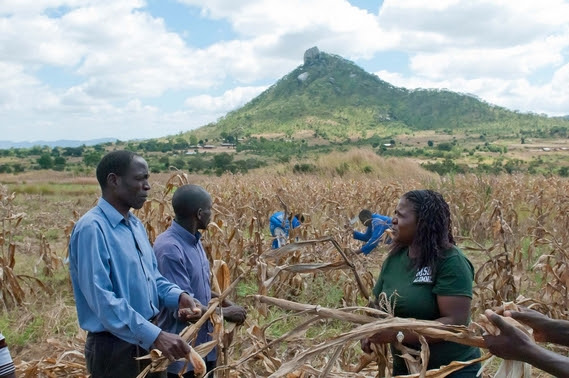
Mr. Alain, do you still think that when you grow food, you increase prosperity?
Alain: No.
THE BUSINESS
Me: You see, Mr. Alain, the people in Hong Kong, are not hungry, even though they do not grow food. This is because they have money in their pockets; they can import what, when, and as much as they want.
The people of Hong Kong have money in their pockets because they have good business, which adds high value to their activities.
If you go back to your homeland tomorrow, you will not be hungry either, at least as long as you have money in your pocket.
Why wouldn’t you be hungry as long as you have money?
Because there is enough food in the world!
Hunger and poverty are the outcomes of the inability to pay for food and not food shortage. You can’t pay when you have a lousy business.
Agriculture is a business, and farmers should improve their business or switch to an occupation that would provide them better income. I am saying it to you as a farmer.
Alain: Yes, I understand.
Me: Mr. Alain, do you know what is the income per hectare of an African farmer who is growing – rice, wheat, or corn?
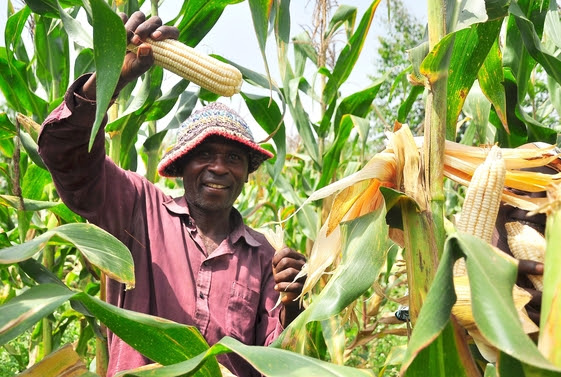
Alain: No.
Me: $ 100 to $ 300 per hectare. A farmer who has one hectare and grows staple crops on it will remain poor and probably hungry as well.
Will such a farmer ever be able to compete with the low cost of production of the huge farms, those growing thousands of hectares, fully mechanized?
Of course not.
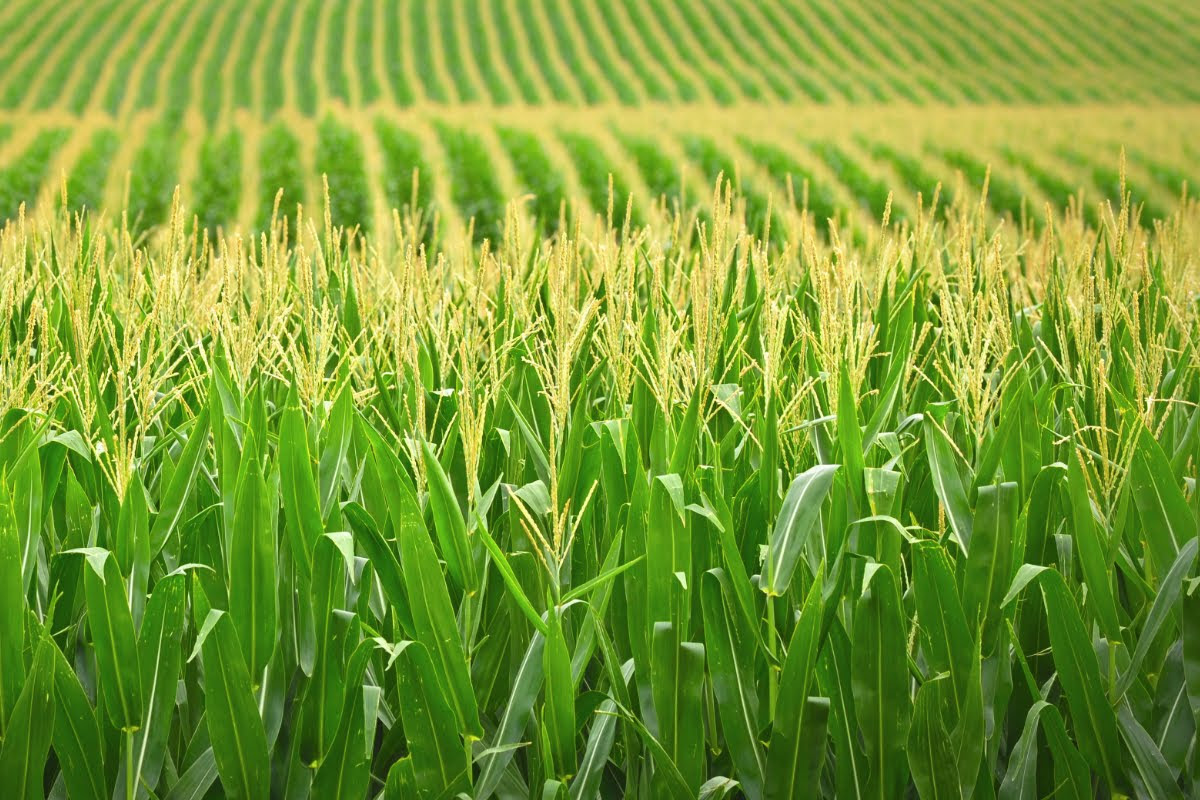
Hence, a government that encourages farmers to grow staple crops unintentionally imposes the continuation of poverty and perhaps even hunger.
Is this what you are interested in promoting?
Alain: No.
Me: On the other hand, if the same farmer grows tomatoes, whose income potential is $ 2000 per hectare, then he will already earn more and can buy more food. This farmer may be able to grow fruits such as citrus or mango. In this case, his potential income is $ 5000 per hectare, and even more.
Mr. Alain, do you see where this is taking us?
[Is this sounds familiar to you?]

THE MEANING
Me: You see, Mr. Alain, the farmer is a businessman. Like any businessman, he purchases products and sells products.
He should focus on growing and selling crops that would create a significant added value per hectare.
The question of being able to feed himself and his family on his crop is irrelevant to a businessperson.
If the farmer sells the produce with low added value (low profit), he will remain poor.
Advanced farmers grow crops they know will provide them the best value-added per hectare, and hence the best profit for their efforts.
The higher his added value, the more prosperous the farmer will be, and the more food of any kind he can buy. And if this food is imported, be it.
Mr. Alain, are you still interested in helping farmers grow more staple crops?
Alain: No!
Me: Mr. Alain, to help the farmers of your homeland, you do not need to be a farmer or an agricultural expert.
If you want farmers to have better know-how, all you need is to pay an expert, and you will get the know-how. Remember, the land will remain the farmer’s land, precisely where it is.
Just the same, there is no need for your country to develop or produce its technologies. This, too, can be purchased.
The problem is not the know-how nor the technology. At present, farmers do not believe that it is possible to live with dignity from agriculture.
In fact, people’s standard of living rises when they stop farming. So the young generation moves from the villages to the cities.
To bring hope, the government needs to set up demonstration farms and develop innovative business models to present sustainable commercial successes that can serve as “role models” for farmers to see and copy.
Mr. Alain, you are an economist, that’s great! Africa and Asia need economists who will develop innovative business models that will work for the benefit of farmers.
Alain: WOW. I appreciate you sharing this information and your thoughts with me. You gave me a lot of food for the mind to think and process. I sure want to help our farmers, but I have to rethink the “How”. I will get back to you soon.
Me: Bye.
SOLUTION-ORIENTED
This article is an appeal to governments, charities, NGOs, investors, etc. I know you want to do good, but even good intentions can end up with bad results.
To do good, you need to be result-oriented and be courageous enough to measure yourself.
Ask yourself, “How do we want to see the economic situation of the farmer ten years from now?“
When we forget to ask this critical question, we risk over-focusing on the process or the technologies.
You know that something goes wrong when you see the “decision-makers” entirely focused on the means (e.g., machinery, seeds, fertilizer, irrigation, training, and subsidy) instead of the result.
We then risk forgetting WHY we do what we do and the importance of measuring our success level, “how much we improved farmers’ livelihood”. This is true for all countries, not only to emerging economies.
SETTING AN EXAMPLE
Regardless of the customer identity, at Biofeed, we have made “the result” and “the solution” our main concern. We begin each conversation by asking the farmer/client the following question “What is your goal?“
We start working together only after we understand the client’s goal and know we can help him reach it, we are ready to start working.
Example 1, in Africa, farmers often lack the marketing abilities to market premium produce to premium markets at a premium price.
Understanding that farmers need an improved value chain took us from providing only a solution to fruit flies to delivering an enhanced value chain.
Today, the Green Valley program is doing just that; helping farmers produce more fruits of a higher quality to get a premium price in premium markets. The typical business result for farmers participating in Green Valley is a 200% increased income per hectare.
Is it easy? No, but Green Valley is the SOLUTION African and Asian farmers need to improve their livelihood.

Example 2, in Australia, farmers have an excellent value chain, but they lack effective eco-friendly products and advanced knowledge to achieve low fruit fly infestation without sprays.
In this case, we can help farmers increase their income not by providing an improved value chain but by providing improved fruit fly control/eradication protocols, which includes technologies, practices, and know-how.
Is it easy? No, but that is the solution Australian farmers need to keep and improve their livelihood.
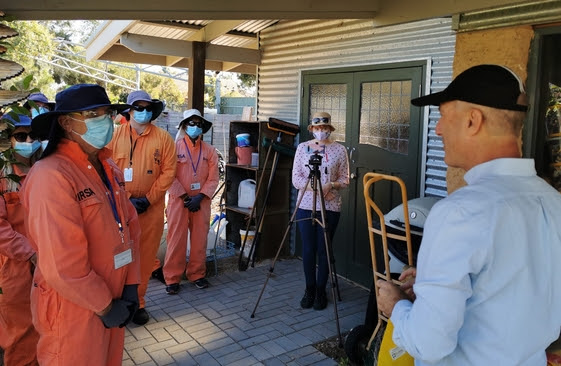
| NOT “ANOTHER CONFERENCE”Being “solution-driven” is a state of mind. In this spirit, when I was asked to lead a pan-African conference dealing with agricultural technologies, I insisted that the conference focus on the outcome, i.e., livelihood, rather than the technologies.In my mind, it was clear that a conference should have a clear mission and goal, and in our case, it is “The improvement of farmers’ livelihood”; technology is one of many ways of achieving that desired result.This is why the Africa Organization of Technology in Agriculture Conference and Expo 2022 (AOTA) is focused on business models using technologies to improve farmers’ livelihood.The AOTA conference cares not about “how much you increased the yield”, or the type of yield, but “how much you improved farmers’ livelihood by increasing their income per hectare”.If you know how to do it and you have field results, then contact me. I urge you to be active and learn about the AOTA Conference.Join the AOTA conference team and I to bring change to smallholders by being Solution and Result-Oriented driven.Read the concept note of the conference and learn how participating in the conference will contribute to your country’s agro-industry and economic success and how you can help others by sharing your experience and success story. |
| Please, if you found value in this article, it would mean a lot to me if you sent me a comment and shared it with your friends. |
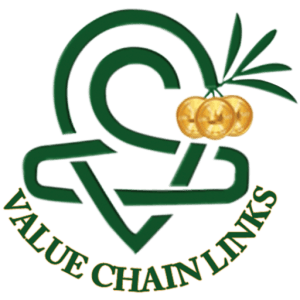
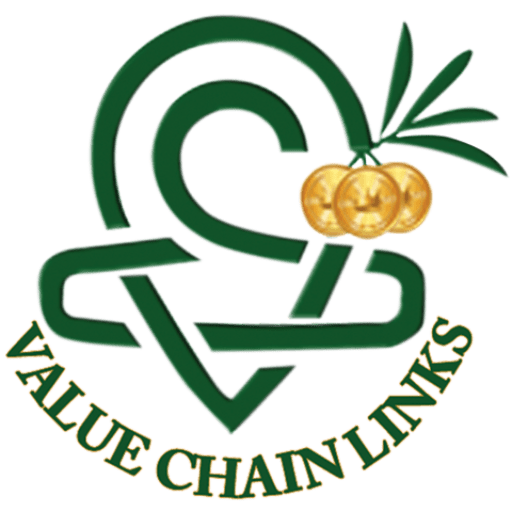
Gordon Irumba
September 24, 2021 at 10:20 amVery educative